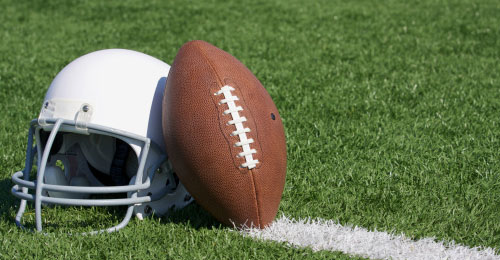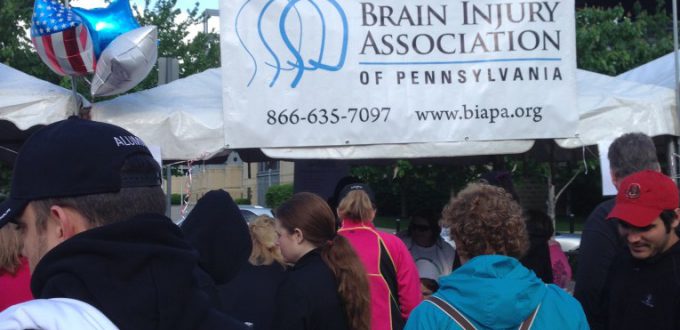Earlier this month, professional football lost another player to the devastating effects of brain injury. Fred McNeill died last Monday at age 63 due to complications stemming from amyotrophic lateral sclerosis (ALS, also known as Lou Gehrig’s disease). During his time in the NFL, McNeill played twelve seasons for the Minnesota Vikings and became a franchise leader in career tackles with more than 1,000.
“Fred was one of our first clients with the NFL case,” said Jason Luckasevic, GPW attorney and originator of the NFL concussion lawsuit. “His loss is felt deeply in our office, especially knowing it came from head trauma sustained during his time playing football.”
In 1974, McNeill was the Vikings’ first round draft pick from UCLA. His 12 seasons included two Super Bowls and a famed block punt from Ray Guy, then considered the best punter in the league. His teammates describe him as a “great person and fantastic linebacker who “always did his job.”
During his last season in the league, McNeill began his legal studies at William Mitchell School of Law in St. Paul. He spent many yeas working as a lawyer until he lost his job in 1996 due to cognitive problems related to repeated head trauma from his time playing professional football.
At the time, a fellow UCLA grad and partner at his law firm Barry Reed noticed a change in McNeill, but then there was no understanding of the deeper brain issues causing the disruptions that made it challenging to function as an attorney. Their friendship allowed Reed to see the true brutality of the game that forever changed his opinion of football.
In his words, “it ended the life of a very good man.”
McNeill’s cognitive difficulties began 15 years after retiring from the league. After years of confusion, he was finally diagnosed with dementia in 2009 while in his late 50s. Dementia is a term used to describe a range of symptoms typically seen in the elderly when thinking and memory skills begin to decline. Things like judgment, perception, reasoning, communication and more become impaired, with many forms of dementia worsening over time.
Toward the end of his life, his personality began to shift, including bouts of angersover seemingly simple occurrences. He died in a nursing home in Southern California, no longer able to care for himself.
“Fred was a hero for taking on the NFL as part of the first group to sue the league for its mishandling of brain injured athletes,” said Luckasevic. “Unfortunately he’s now an example of what this mishandling ultimately does to the players and their families. It’s a tragedy.”
[This post also appeared on gpwlaw.com]
Sources

